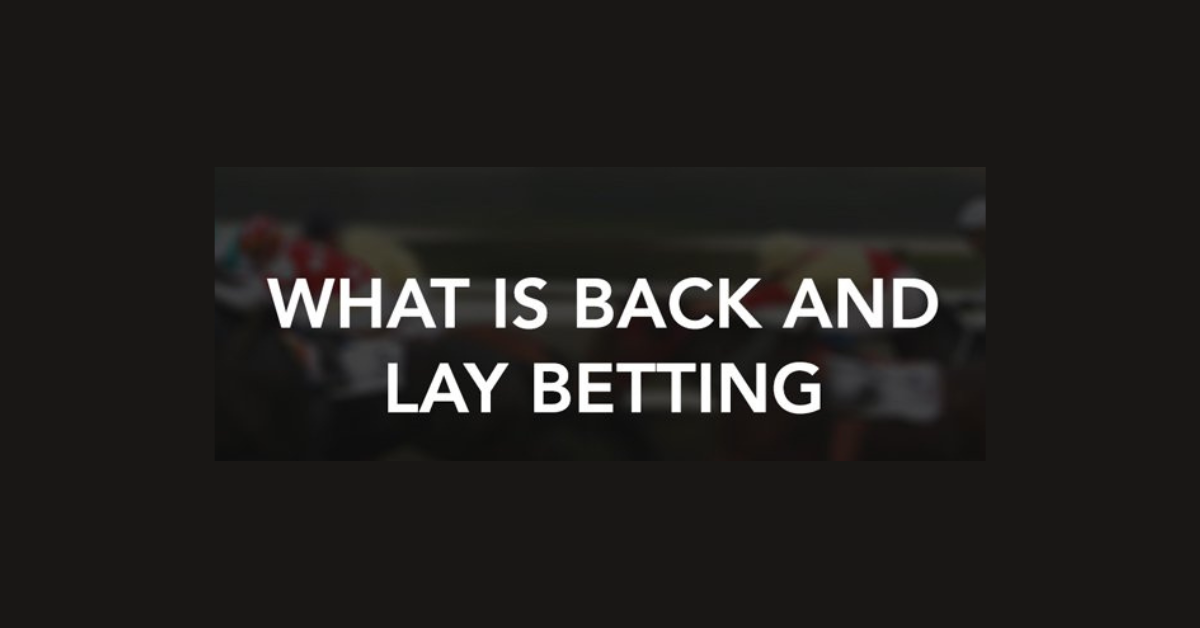Back Betting Explained
Back betting is a popular form of wagering where bettors place bets on a particular outcome to “win.” This type of betting is what most people are familiar with when they think of traditional betting. When you back a bet, you are essentially betting for something to happen, whether it’s a team winning a match, a horse finishing first in a race, or a player scoring a goal.
It’s important to note that back betting is not just limited to sports betting; it can also be applied in other forms of gambling such as casino games and poker. The key concept to remember in back betting is that you are placing a bet on something to be successful. The success of your bet is determined by the outcome you have bet on coming true.
Understanding Back Betting in Betting
Back betting is a fundamental concept in the realm of betting. It involves placing a bet on a particular outcome to win. When you engage in back betting, you are essentially betting in favor of an event to occur, such as a specific team winning a game or a particular horse finishing first in a race. This type of betting is prevalent in various sports and other forms of betting activities. It allows individuals to support their predictions and potentially earn a profit if the outcome they bet on materializes.
One of the key aspects of back betting is that it offers the bettor the opportunity to secure a potential return if their prediction is correct. For instance, if you place a back bet on a soccer team to win a match, you will receive a payout if that team emerges victorious. Back betting is a common practice in betting markets and is utilized by both novice and experienced bettors alike. By understanding the principles of back betting, individuals can make informed decisions when participating in betting activities.
Lay Betting Defined
Lay betting is a unique concept in the world of betting. Unlike traditional “back” betting where a punter bets on a selection to win, in lay betting, the punter takes on the role of the bookmaker by betting on something not to happen. This means that instead of placing a bet on a horse to win a race, for example, you can bet on the horse not to win.
The key principle of lay betting is that you are betting against a particular outcome. This type of betting opens up a whole new world of possibilities for punters looking to diversify their betting strategies. By laying a selection, you essentially become the bookmaker, offering odds to other punters who are backing that selection to win.
Exploring Lay Betting in Betting
Lay betting is a unique form of betting where the bettor takes on the role of the bookmaker. In simple terms, instead of betting on a particular outcome to win, the bettor predicts what will not happen. This betting strategy opens up a new dimension of possibilities for bettors, allowing them to make money not just from winners, but also from losers.
Unlike traditional back betting, where the bettor profits only if the outcome they predicted comes true, lay betting offers a different approach. By laying a bet, the bettor assumes the position of someone who believes the selected outcome will not occur. This creates a dynamic betting environment where individuals can potentially profit regardless of which side wins, making lay betting a valuable tool for those looking to diversify their betting strategies.
Key Differences Between Back and Lay Betting
When it comes to betting, understanding the distinctions between back betting and lay betting is crucial. One key difference lies in the role of the bettor. In back betting, the bettor acts as the punter, wagering on an outcome to happen. On the other hand, in lay betting, the bettor assumes the role of the bookmaker, betting against an outcome to happen.
Another notable difference between back and lay betting is the risk involved. Back betting carries the risk of losing the amount wagered if the selected outcome does not occur. In contrast, lay betting exposes the bettor to potentially greater losses, as they are responsible for paying out the winnings to the back bettors if the outcome they bet against materializes. Understanding these variations is essential for making informed betting decisions.















